[Bio-DX] Year Started : 2022
Eiji Aramaki
Data-driven drug exploration through deeper real-world text processing
Grant No.:JPMJCR22N1
Research Director
Eiji Aramaki
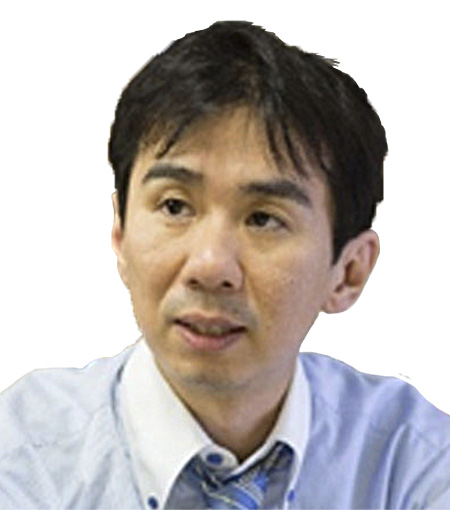
Professor
Graduate School of Science and Technology
Nara Institute of Science and Technology
Collaborator
| Yoshimasa Kawazoe | Project Associate Professor Graduate School of Medicine The University of Tokyo |
| Satoko Hori | Professor Faculty of Pharmacy Keio University |
Outline
In the age of DX, an enormous amount of medical data is being collected in the form of natural languages, such as technical documents, electronic medical records, and pharmacy reports. We are developing a platform for natural language processing of this vast amount of text data. Our goal is to automatically and massively discover optimal drugs and combinations of drugs that reduce adverse events associated with cancer treatment.
Keiichi Inoue
Creation of automated protein engineering led by AI
Grant No.:JPMJCR22N2
Research Director
Keiichi Inoue
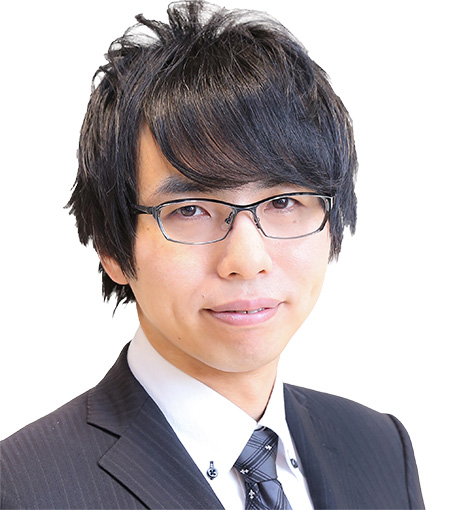
Associate Professor
The Institute for Solid State Physics
The University of Tokyo
Collaborator
| Ichiro Takeuchi | Professor Graduate School of Engineering Nagoya University |
| Kazuhito Tabata | Deputy Director Research Institute of Planetary Health The University of Tokyo |
Outline
In this study, two experimental systems, an automated functional evaluation system and a digital bioassay method, will be constructed to obtain large-scale data on amino acid sequences and functionalities of proteins. In addition, we will link these experimental data to a machine learning system online in real time to realize an automated research loop that automatically plans the next experiment. This will enable the realization of next-generation innovative optogenetics tools.
Wataru Suda
Decoding the host-gut microbiota crosstalk by developing an automated sample collection platform for use in high-resolution time series analysis
Grant No.:JPMJCR22N3
Research Director
Wataru Suda
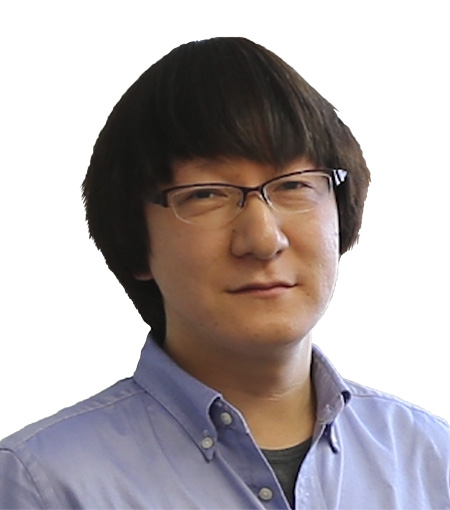
Team Director
Center for Integrative Medical Sciences
RIKEN
Collaborator
| Misako Takayasu | Professor School of Computing Institute of Science Tokyo |
| Lena Takayasu | Visiting fellow Center for Integrative Medical Sciences RIKEN |
Outline
Despite the plethora of evidence showing the powerful effects of the gut microbiota in human disease, little progress has been made towards creating revolutionary new therapeutics aimed at preventing or intervening in disease progression. We believe this lack of progress can be attributed to our fragmented understanding of the complex biology underlying host-microbiome crosstalks. In this study, we will aim to elucidate host-microbiome crosstalks by scrutinizing the changes in microbiome compositions over time at high resolution. We will achieve this by automating the process of sample collection. Our goal is to identify universal properties underlying gut microbiome prediction and control.
Hideharu Mikami
Establishment of high-speed, high-dimensional closed-loop optical measurement technology and its applications to neuroscience
Grant No.:JPMJCR22N4
Research Director
Hideharu Mikami
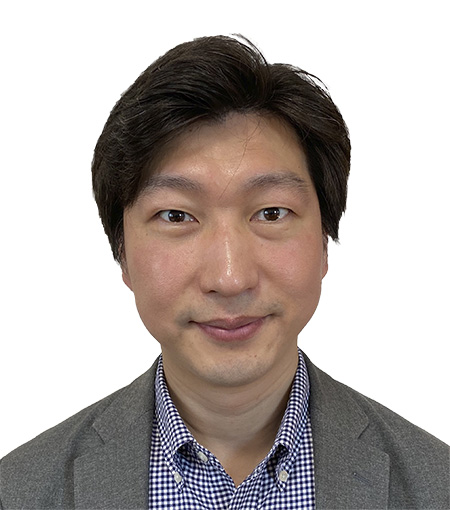
Professor
Research Institute for Electronic Science
Hokkaido University
Collaborator
| Masato Taki | Associate Professor Graduate School of Artificial Intelligence and Science Rikkyo University |
| Yu Toyoshima | Associate Professor Graduate School of Science The University of Tokyo |
| Teppei Matsui | Professor Graduate School of Brain Science Doshisya University |
Outline
We aim to contribute to the next-generation Bio-DX by establishing high-speed, high-dimensional closed-loop optical measurement technology, a novel experimental method that breaks through the limitations of conventional large-scale measurement and analysis. We will develop technologies based on advanced photonics and AI technologies, and apply the developed devices to studies of the nervous system of mice and nematodes to elucidate its mechanisms, which have been difficult to analyze in a realistic amount of time using conventional experimental approaches.
Katsuyuki Yugi
Data-driven Darwinian medicine approach for exploring shared metabolic regulatory networks between seasonal affective disorder and hibernation
Grant No.:JPMJCR22N5
Research Director
Katsuyuki Yugi
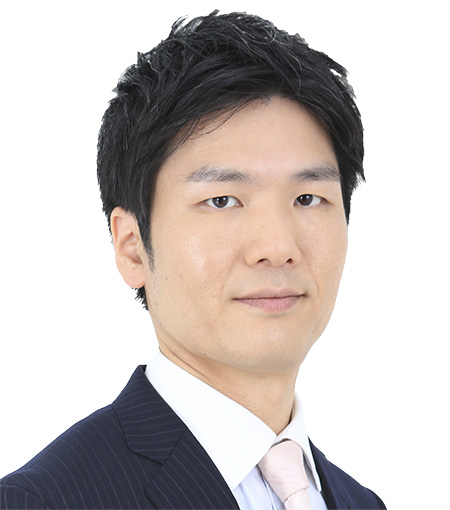
Team Director
Center for Integrative Medical Sciences
RIKEN
Collaborator
| Yoshihiro Izumi | Associate Professor Medical Institute of Bioregulation Kyushu University |
| Takahiro Kato | Professor Graduate School of Medicine Hokkaido University |
| Genshiro Sunagawa | Team Director Center for Biosystems Dynamics Research RIKEN |
| Tsukasa Fukunaga | Associate Professor Faculty of Science and Technology Keio University |
Outline
Seasonal affective disorder and hibernation/torpor-like behaviors have several similar phenotypes. We examine whether or not there are shared metabolic regulatory networks that underlie these two phenomena. We record video clips of mouse behavior and automatically identify their phenotypes using motion analysis AI. Biological samples taken from mice and human patients will be subjected to automated absolute quantitative omics measurements and subsequent trans-omics analysis to reconstruct metabolic regulatory networks of seasonal affective disorder and hibernation/torpor-like behaviors. Divergence dating of molecules that belong to the reconstructed networks will be performed to examine if seasonal affective disorder and hibernation share an evolutionary origin.













